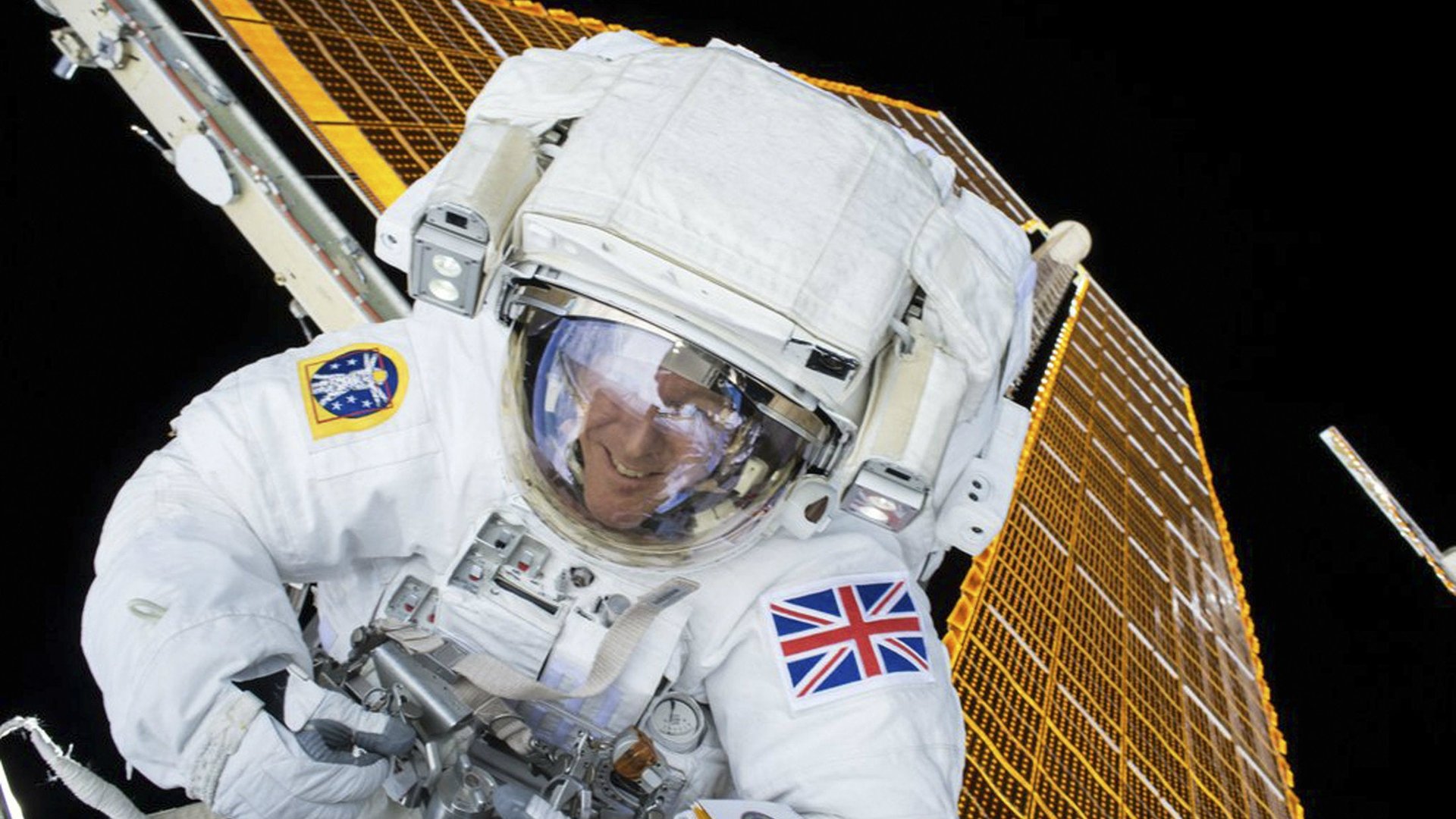After Brexit, will another UK astronaut ever go to the International Space Station?
When Tim Peake went into space—the first British astronaut go with the European Space Agency (ESA), and the first British citizen to visit the International Space Station (ISS)—many expected it to inspire a new generation of his countrymen to follow him.


When Tim Peake went into space—the first British astronaut go with the European Space Agency (ESA), and the first British citizen to visit the International Space Station (ISS)—many expected it to inspire a new generation of his countrymen to follow him.
But within days of Peake’s return to Earth last week, his country voted to leave the European Union. Will that have an effect on Brits who want to go into space in the future?
No, or at least not yet. Although Brexit has put all policies into flux—including the UK’s space program—it doesn’t mean that British astronauts will suddenly lose their ability to go to the ISS.
More than 75% of the UK’s space budget goes to the Paris-based ESA, with £240 million ($320 million) a year pledged until 2018. The ESA is made up of 22 member states—including Norway and Switzerland, which are not part of the EU. That means the UK’s EU membership status does not affect its place in the ESA. That said, Brexit is expected to hit funding for other science programs hard; the weaker economy that some economists expect after leaving the EU may spur broader cost cuts by government.
The UK already makes very little contribution to the ESA’s manned space missions. Tim Peake’s success was largely of his own making. Previous UK government ministers have called manned space missions a waste of money, preferring robotic missions instead.
Peake’s selection as one of six new astronauts in ESA’s 2009 intake was something of a shock, precisely because of the UK’s ambivalence towards human spaceflight at the time. Peake applied entirely of his own accord and was chosen on his own merits. (There have been Brits in space before Peake, but all either had to take US citizenship to join NASA or fly with Russia on privately funded missions.)
Peake’s selection did, however, kickstart civil space activities in Britain. The country launched the UK Space Agency in 2010, gave money to the ISS for the first time in 2011, and, in 2012, finally started contributing to human spaceflight, with £36 million in funding for two programs involving manned spacecraft.
Paris, we have a problem
The UK, however, has no astronaut training program and it’s unlikely it ever will. Such programs are hugely expensive, which may make them unpopular in post-Brexit Britain. And although the ESA is separate from the EU, if one of its programs is funded or partly funded by the EU, the contracts for that part of the project can only be granted to companies from an EU country.
Space is big business, adding about £5.1 billion to UK’s GDP in 2012-13. Before Brexit, the government aimed to grow it into a £40 billion industry by 2030. That now may be too ambitious, but the good news is that it won’t stop ambitious British astronauts from going to space. It won’t necessarily help them, either though.